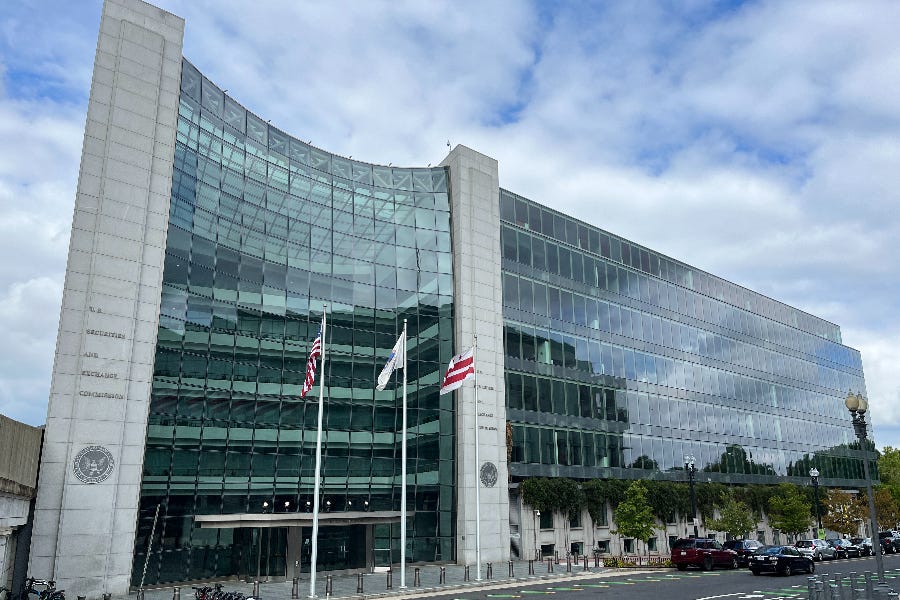US man accused of snaring Venezuelan dioceses in Ponzi-like scheme
Securities and Exchange Commission claim an investment adviser defrauded Catholic dioceses and clergy of millions
The U.S. Securities and Exchange Commission filed a complaint last week accusing a former investment adviser of defrauding Catholic dioceses and clergy in Venezuela out of millions of dollars in a Ponzi-like scheme.

